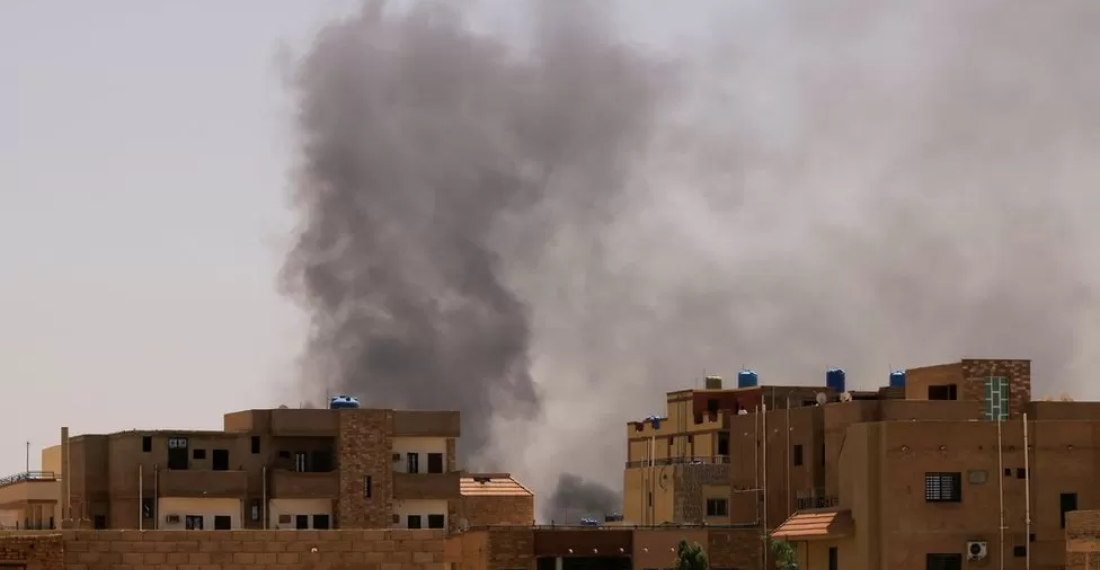A ceasefire agreed between the Sudanese military and a rival paramilitary group, the Rapid Support Forces (RSF), appears to be holding after taking effect at midnight on Tuesday (25 April).
It is the fourth attempt at a ceasefire between the warring parties since a power struggle erupted into violence on Sunday (15 April), with previous truces since then having failed.
US Secretary of State Antony Blinken said the 72-hour truce had been agreed between the army and the RSF after 48 hours of negotiations. At least 400 people have been killed by the fighting over the past 10 days.
United Nations Secretary General António Guterres has warned the violence in Sudan risks causing a "catastrophic conflagration" that could spread to the rest of the region, and beyond.
Worsening humanitarian conditions in Khartoum, countries evacuating citizens
Since the fighting began, residents of the capital city Khartoum were told to stay indoors, and food and water supplies have been running low as people have been unable to venture outside to purchase supplies. The BBC reports that this has even led some people to drink water from the River Nile.
Meanwhile, over the weekend and on Monday countries began evacuating diplomatic staff and foreign nationals from Sudan, including the US, Argentina, France, Germany, Italy and Spain, as well as many Gulf countries.
The UK government has announced that it will begin evacuating British citizens from Sudan on Tuesday after facing fierce criticism over the lack of a timely response from London. Diplomats were evacuated on Sunday.
source: commonspace.eu with BBC
photo: Reuters







